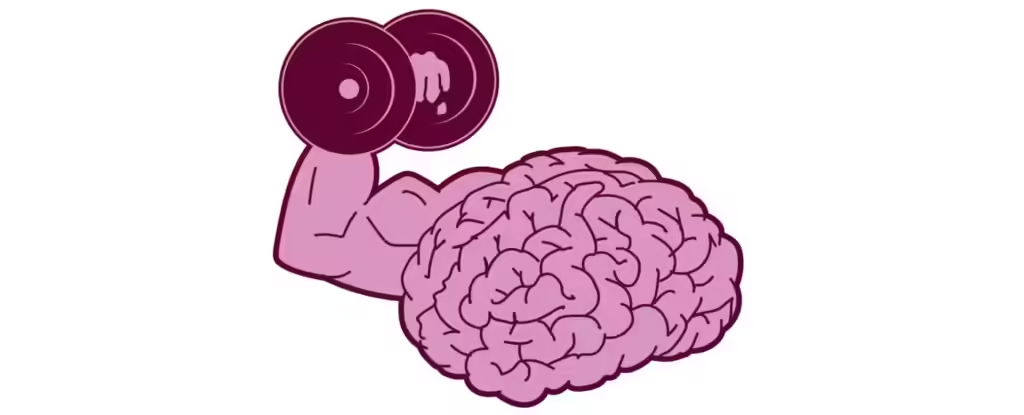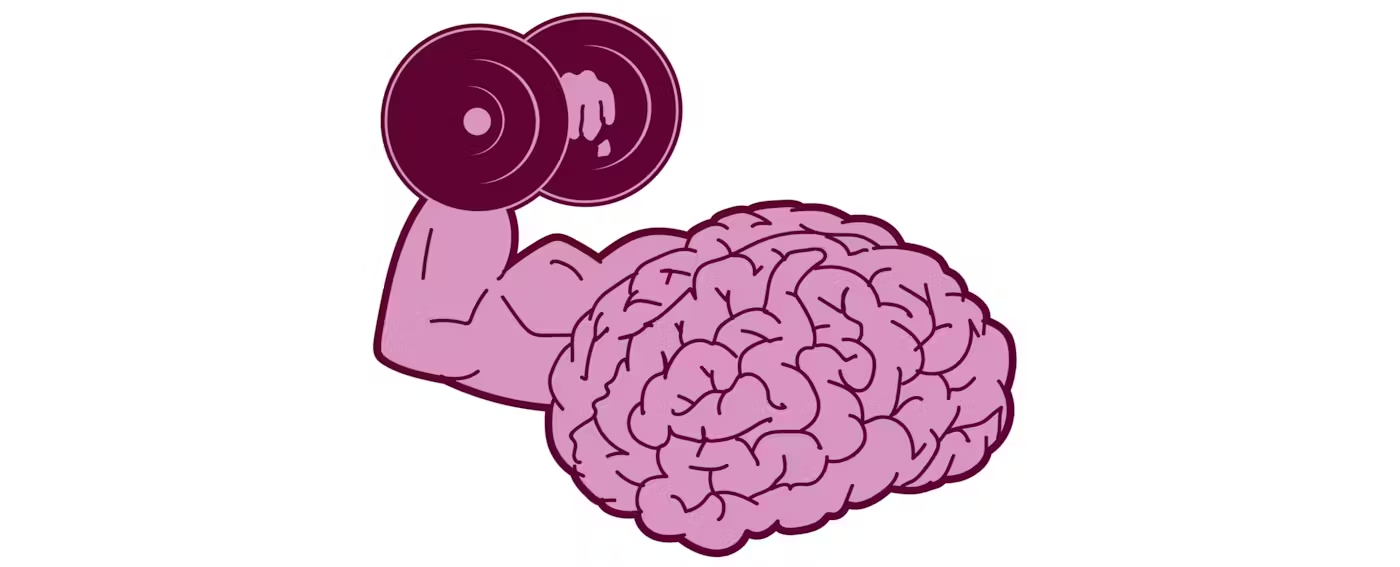
Successful person often share a common psychological trait. This trait, known as the growth mindset, was coined by Carol Dweck, and championed by Bill Gates and NASA. This emphasizes the belief that intelligence and skill can be developed through effort. This mindset supports the notion that anyone can cultivate their abilities in any area through dedication and hard work.
In the contrary, the fixed mindset represents the opposite viewpoint. Those with a fixed mindset believe intelligence and skill are inherent and predetermined from birth. Leaving no room for change or growth. They tend to view intelligence as static and not subject to development.
Why It is Important for Academic Success?
Read our other post : Enhancing Concentration and Focus for Better Study
The key to academic success lies not only in intelligence or congenital ability but in promoting the right mindset. Among these mindsets, the growth mindset plays a significant role in determining one’s academic performance. This post will thoroughly explore this positive way of thinking, highlighting its importance in achieving academic success and its impact on student.
Research suggests that individuals with a growth mindset tend to be more successful than those with a fixed mindset. For instance, a study revealed that students with a growth mindset were three times more likely to score in the top 20% on a test. While students with a fixed mindset were four times more likely to score in the bottom 20%.
Individual with Growth Mindset
Individuals with a growth mindset are more flexible, allowing them to overcome challenging situations. They prioritize learning over failure and are unafraid to take risks, focusing on growth rather than stability. Growth mindset people believe that they are constantly evolving. They do not attach their identity to their results. Instead, they concentrate on the process of growth and learning. This view aligns more accurately with reality than the fixed mindset.
Individuals with a growth mindset operate in closer accordance with reality compared to those with a fixed mindset. We all have a mix of both growth and fixed mindsets. In some areas of our lives, we operate with a growth mindset.
Many students are afraid of failing, which often causes them to procrastinate and avoid difficult tasks. However, having a growth-oriented perspective can help reduce this fear. When you see failure as a natural part of the learning process. You become less afraid and more willing to take on ambitious projects and explore new subjects without hesitation.
How to develop the Growth mindset?

Read our Hindi Post : LINK
1) Adapt the change
Developing a growth mindset involves recognizing that the brain is adaptable and capable of change. The brain’s remarkable plasticity is revealed through scientific research in neuroscience, demonstrating that it is not fixed but highly flexible. This understanding means that individuals can continuously acquire new skills and knowledge throughout their lives. This finding further emphasizes the brain’s capacity for growth and adaptation in response to experience and learning.
2) Prioritize the process
The second important point to remember is to prioritize and emphasize the process rather than solely focusing on the end results. It is crucial to offer praise and recognition for the efforts and strategies employed, rather than solely praising the outcomes achieved. For instance, it is more effective to commend someone by saying, “You put in a lot of effort and used effective study techniques for that test, and your hard work really paid off,” rather than simply stating, “You’re so smart, you got an A!”
3) Process-Oriented Goals
Rather than focusing solely on the end result, such as achieving a specific grade on a test, consider setting process-oriented goals. This could involve dedicating a certain amount of time to studying each day or mastering specific study techniques. Shifting the focus in this way support the importance of your efforts and dedication, placing greater value on the journey rather than just the outcome.
4) Learn from Failure
Instead of seeing setbacks or failures as the end of the road, it’s beneficial to approach them as opportunities for growth. Take the time to analyze what went wrong, understand the mistakes made, and use this newfound knowledge to make improvements. Embracing failure as an integral part of the learning process can lead to valuable insights and personal development.
5) Cultivate Patience
Developing a growth mindset is a gradual process that requires patience. Be compassionate towards yourself and acknowledge that altering your mindset is a journey. Acknowledge and celebrate small victories along the way, and bear in mind that progress may not always follow a straight path.
6) Embrace Challenges
To nurture a growth mindset, it is essential to step beyond your comfort zone. Individuals who remain within their comfort zone often attribute their success to inherent talent because everything comes naturally to them. For instance, a student who is never challenged in school may start to believe that they are inherently intelligent and declare, “I receive A’s, so I am intelligent.” They become so accustomed to easily achieving results that they fail to contemplate the process.
Regrettably, all they focus on is the outcome and become fixated on it. Consequently, if they receive a poor grade, they may perceive themselves as unintelligent. This causes them to lose faith in their abilities because they didn’t attain the outcome, they are normal to achieving effortlessly.
7) Environmental factor
Environmental factors deeply influence the concept of a growth mindset. It’s especially relevant when one feels surrounded by circumstances that seem rigid and unchangeable. In such situations, nothing may be done to alter the status quo. However, it’s crucial to recognize that despite these challenges, individuals always have the agency to make their own choices, distinct from those around them. It’s essential to convey to others that just because their family members or a majority of their acquaintances have to step a certain path, it doesn’t mean they are bound to do the same.
Every person has the power to carve their unique journey. This transformation doesn’t occur instantaneously, and initial attempts may not yield immediate results. However, the initiation of this process is a significant step forward. Embracing a growth mindset becomes an invaluable tool in this journey of self-discovery and change.

